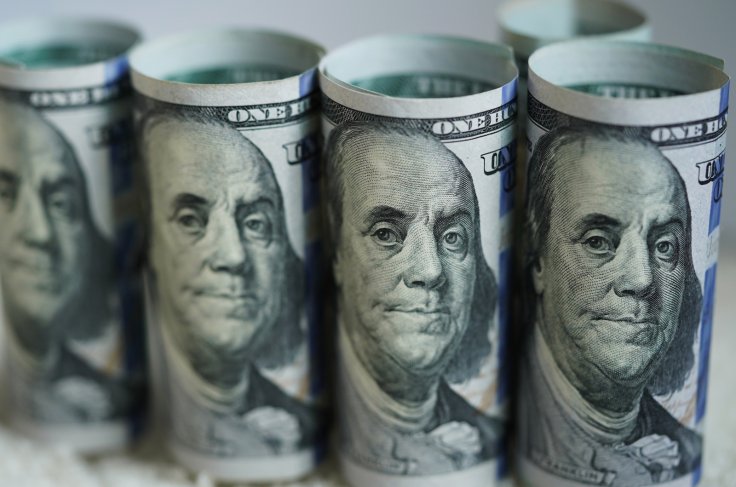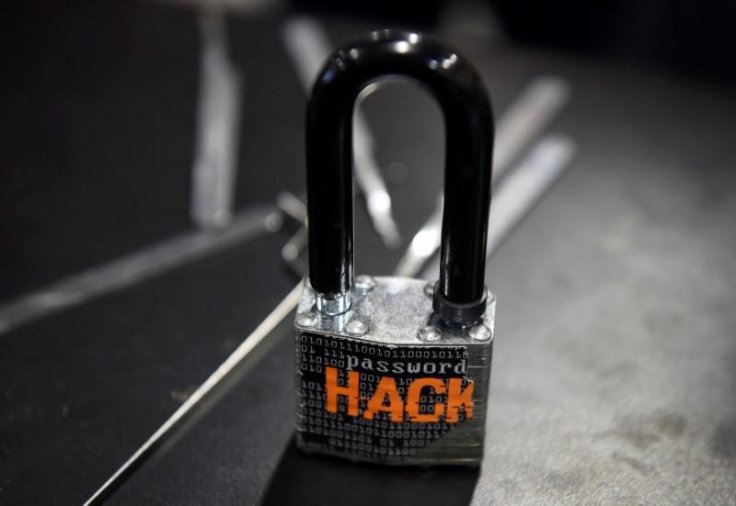As uncertainty builds over the second round of financial-aid package to be passed by Congress, a new claim made online has been doing the rounds. Thousands of American families have been receiving a text message urging recipients to enter their personal information to receive the second stimulus check.
While millions of Americans are living in uncertainty over the second round of stimulus that could bail them out from this crisis, the unsolicited text message has already managed to lure many. This once again raises concerns over the growing online fraud and comes at a time when millions of Americans are already cash strapped and are vulnerable to falling prey to such scams.
What the Message Claims

Among the many attempts of duping innocent people amid this crisis, a text message from an unknown source was circulated in early November. The message looked as if it has been sent on behalf of IRS and asked recipients to fill in the form with their personal information to receive a second stimulus check of $1,200.
Although there were a set of messages circulated, the one that was revived by majority read: "You have received a direct deposit of $1,200 from COVID-19 TREAS FUND. Further action is required to accept this payment into your account. Continue here to accept this payment..."
Moreover, the message contained a URL, of course a fake phishing one, that resembled a state agency and in some cases directly imitated the IRS.gov payment website "Get My Payment". The replication of the IRS was what made many fall prey to it. In fact, many are still clicking on the fake phishing URL as they desperately wait for the stimulus.
What's the Truth

To put things straight, the second round of stimulus is yet to get approved by Congress as of now and reportedly might not become reality till this year end. So, the unsolicited message with a nefarious link definitely has been circulated with the motive of duping innocent people.
Even the IRS, which took notice of the message, immediately alerted people saying that it hasn't been sent by the government agency, as it will never ask for bank account information so that a deposit can be made. "Criminals are relentlessly using Covid-19 and Economic Impact Payments as cover to try to trick taxpayers out of their money or identities," IRS Commissioner Chuck Rettig said in a statement. "This scam is a new twist on those we've been seeing much of this year. We urge people to remain alert to these types of scams."









